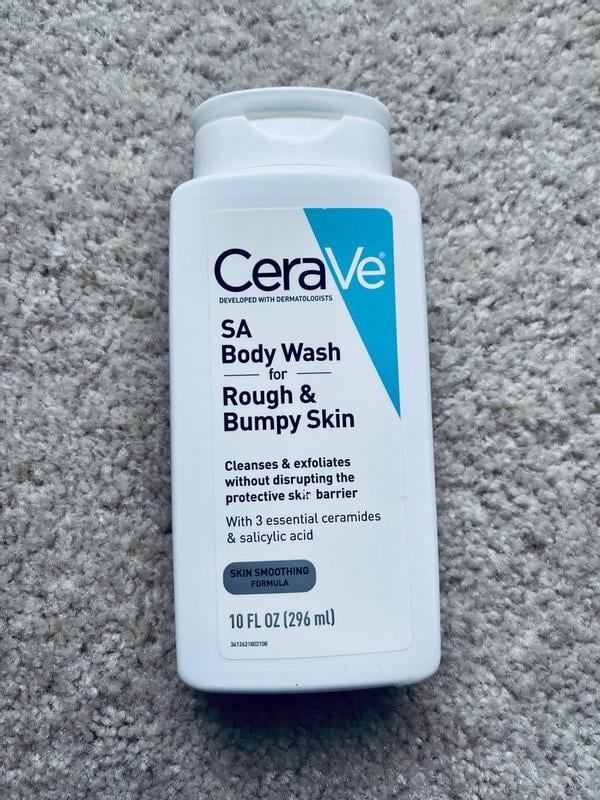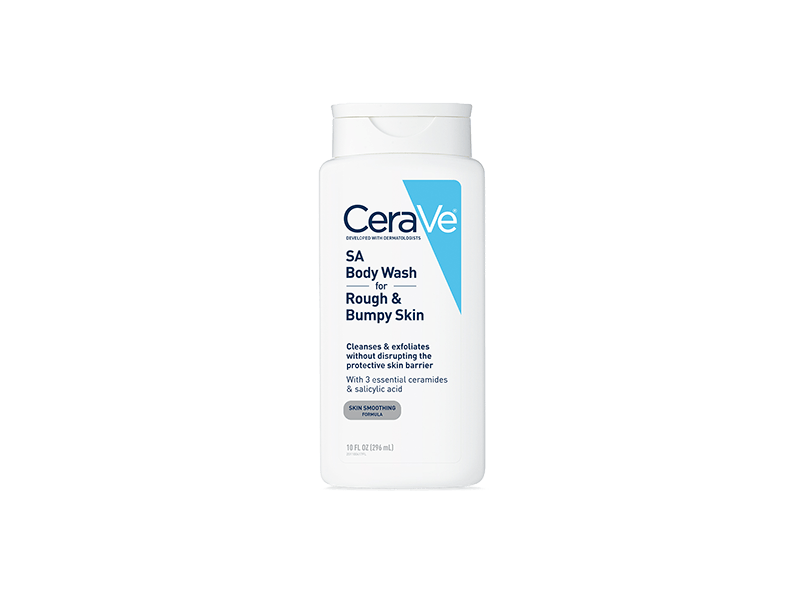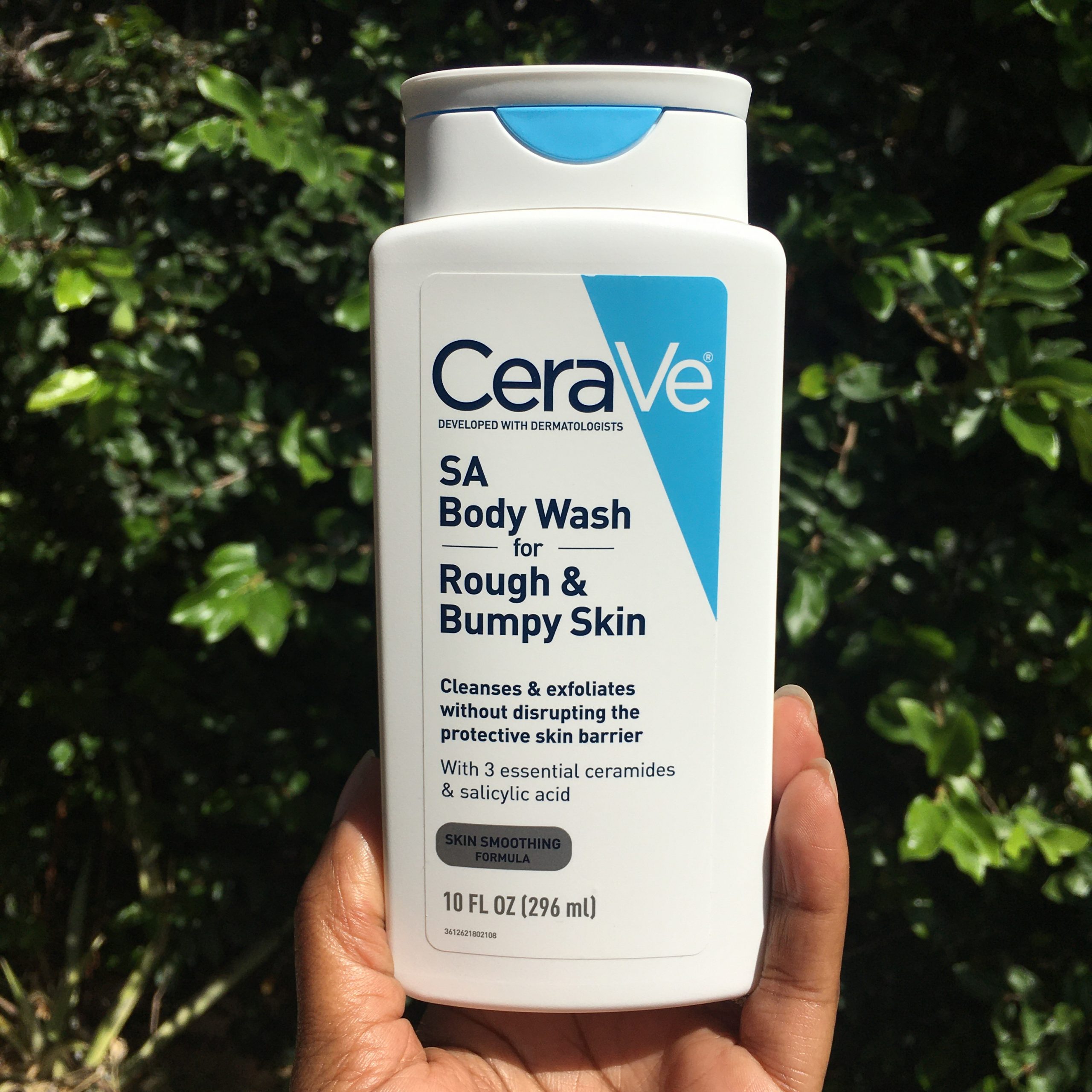Do You Take Creatine Before or After a Workout? – If you’ve ever taken a scoop of creatine and paused for a second thinking, “Wait… should I take this now or after my workout?”—you’re not alone.
This question has been floating around the fitness world for years. Creatine is easily one of the most popular and proven supplements out there, known for helping build muscle, improve strength, and even speed up recovery. But when to take it—before or after training—still trips people up.
So, let’s clear things up in this no-fluff, science-backed guide. Whether you’re a gym newbie, a seasoned lifter, or someone who just wants to make the most of their supplements, here’s everything you need to know about creatine timing.
What Does Creatine Actually Do?
Before we get into the timing, it’s worth understanding why creatine matters in the first place. Creatine is a natural compound found in your muscles.
It helps your body create more ATP (adenosine triphosphate), which is the energy source your muscles use during short, explosive activities—like sprinting, lifting heavy weights, or doing high-intensity intervals.
Your body makes creatine on its own, and you also get small amounts from meat and fish. But by taking it as a supplement, you can saturate your muscles with more creatine than your body can produce naturally—which means more power, strength, and endurance during workouts.
Should You Take Creatine Before or After Your Workout?
Here’s the golden question. Does the timing of your creatine really matter? Let’s look at both sides.
Taking Creatine Before Your Workout
Many people mix their creatine into their pre-workout shake or drink and take it about 30 minutes before hitting the gym. The idea is simple: give your muscles the fuel they need before you start lifting or running.
Some reasons this makes sense:
- It becomes part of your pre-workout routine.
- You feel like you’re “priming” your muscles for action.
- It’s convenient, especially if you take other pre-workout supplements.
However, creatine doesn’t work the same way caffeine or nitric oxide does. It’s not a stimulant, so it doesn’t give you an instant performance boost. Its effects build up over time, not within minutes of taking it.
Taking Creatine After Your Workout
Recent studies have shown that post-workout might actually be a slightly better time to take creatine—especially if muscle growth and strength gains are your goals.
Why? After a tough workout, your muscles are more “receptive.” This means they’re better at absorbing nutrients, including creatine.
A 2013 study found that participants who took creatine after their workouts gained more muscle mass and strength compared to those who took it beforehand. Pretty interesting, right?
The benefits of post-workout creatine:
- Your muscles absorb it more efficiently.
- It helps replenish what’s been used during training.
- It pairs perfectly with your post-workout protein and carbs.
What About Rest Days?
Even on days you’re not working out, you should still take creatine. The key to getting the most out of this supplement is consistency.
On rest days, timing isn’t super important. You can take your creatine:
- In the morning with breakfast
- Mixed into a smoothie
- With a meal or protein shake
Just make sure you’re taking your daily dose to keep your muscle stores full.
What’s the Final Answer?
Here’s the truth: Taking creatine after your workout might give you a small edge, but in the grand scheme of things, what matters most is taking it consistently—every single day.
- If you always remember it better before your workout? Take it then.
- If you like mixing it with your post-workout shake? Go for it.
No matter the time of day, the gains come from staying consistent and making creatine a daily habit.
How Much Creatine Should You Take?
The standard dose is 5 grams per day, usually in the form of creatine monohydrate. It’s the most researched, affordable, and effective type out there.
Some people choose to start with a loading phase:
- 20 grams a day (split into 4 doses) for 5–7 days
- Then 5 grams a day for maintenance
This can help saturate your muscles faster, but it’s totally optional. You can skip the loading phase and just stick with 5 grams daily—it’ll just take a few more weeks to reach full saturation.
Should You Take Creatine With Food?
Yes! Creatine absorbs best when taken with carbohydrates and/or protein. These nutrients spike insulin, which helps shuttle creatine into your muscle cells more effectively.
Some great combos:
- Creatine + post-workout protein shake
- Creatine + a banana or fruit smoothie
- Creatine + a meal
Avoid taking it with acidic juices (like grapefruit) or hot liquids, as these may degrade the creatine over time.
A Few Creatine Myths—Busted
Let’s take a second to squash some common creatine myths:
1. “It has to be timed perfectly.”
Nope. While post-workout may be slightly better, what truly matters is daily use.
2. “It causes bloating or water retention.”
Creatine pulls water into your muscle cells—not under your skin. If anything, it makes you look more muscular, not puffy.
3. “It’s only for bodybuilders.”
Creatine benefits everyone—from weekend warriors to runners, athletes, and even older adults.
4. “It’s dangerous for your kidneys.”
Healthy individuals can take creatine long-term without kidney issues. Just drink plenty of water.
Creatine Timing, Made Simple
If you’ve been wondering when to take creatine for the best results, here’s your quick answer:
- Take 5 grams of creatine daily.
- After your workout might give you a slight advantage.
- On rest days, take it whenever is convenient.
- Combine it with carbs or protein for better absorption.
- Be consistent—it’s the key to seeing results.
Final Thoughts
Creatine is one of the best, safest, and most effective supplements you can add to your routine—no matter your fitness level. The timing can make a small difference, but taking it consistently every day is what really moves the needle.
So, don’t stress too much about when to take it. Just take it, train hard, and let the results speak for themselves.








